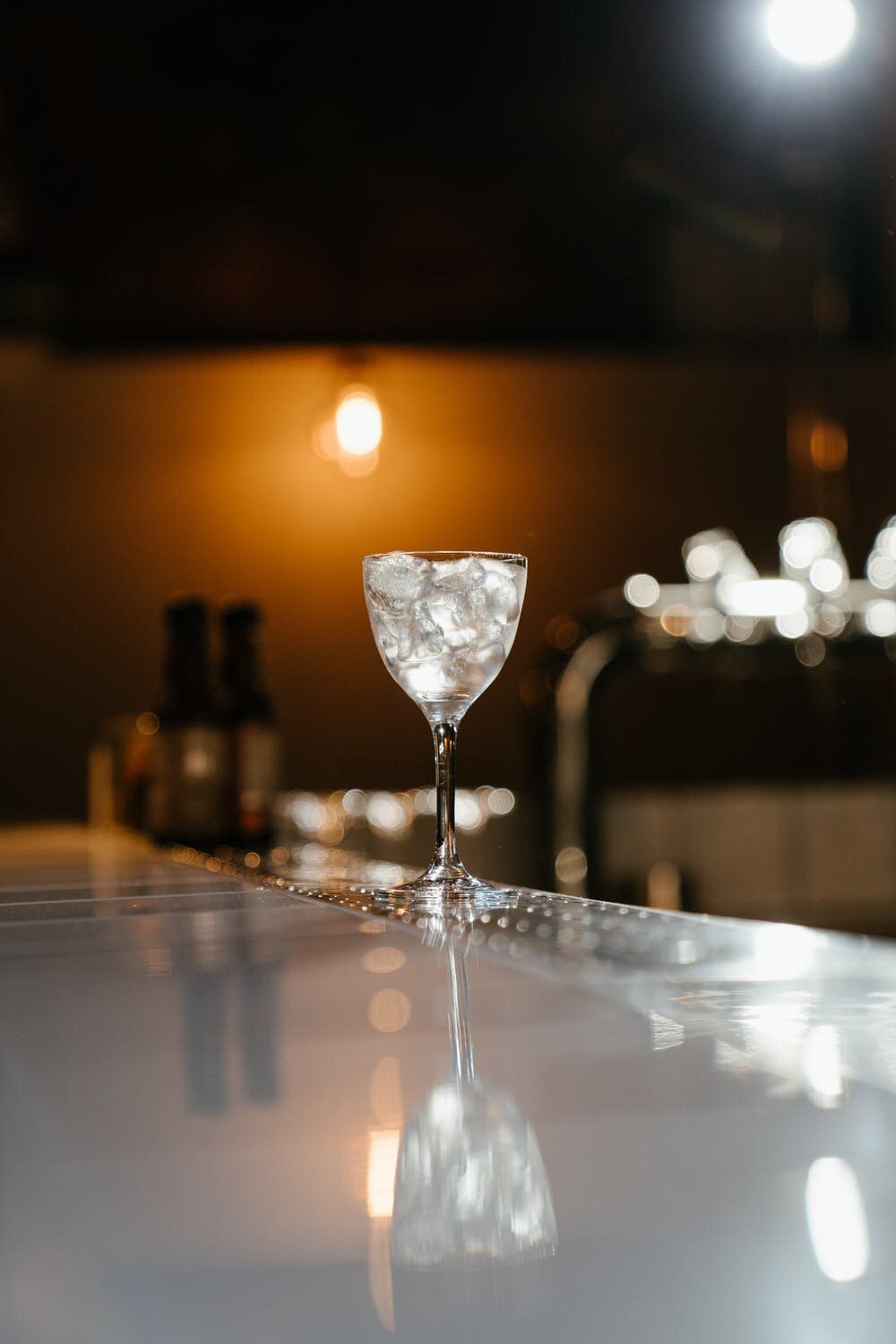Can you freeze wine? And if so, why would you want to?
Many wine lovers have likely placed a bottle of wine in an ice bath or in the freezer for a quick cool-down, but we usually pull it out when it’s crisp and cold, not frozen.
In today’s blog, we’ll explore the science, methods, and uses involved with freezing wine.
Is it even possible to freeze wine?
Yes, but how completely a wine freezes depends on its alcohol content.
Because of its alcohol content, wine freezes at a lower temperature than water. Usually, it will freeze at about 15 degrees Fahrenheit (the average temperature of your home freezer). Even at this temperature, though, you may find that you end up with more of a wine slush than frozen-solid wine. The alcohol content in wine will determine how well your wine freezes. In a nutshell, the higher the alcohol content, the lower its freezing temperature. So, in a 15 degree freezer, a wine with higher alcohol content may remain a little soft around the edges.
What happens when wine freezes?
It expands.
You may have learned the hard way that when wine freezes, it expands. In cases in which there’s not enough room in the bottle, this expansion could cause the bottle to break.
Even if the expansion of the liquid doesn’t cause the bottle to break, it could push the cork slightly out of the bottle or, in the case of a screw top wine, break the seal. When this happens, air can creep into the bottle, causing oxidation. Oxidation, unfortunately, will turn your wine to vinegar. If the wine is oxidized, you’ll probably be able to tell right away with a quick taste or sniff test. If you’re still not sure if the frozen wine is ruined, read our advice on how to tell if your wine is bad.
The flavor could change.
If oxidation occurs, the flavor of your wine will be dramatically altered (because the wine will essentially be ruined!). If oxidation does not occur, however, the wine is probably still fine to drink.
So if you happen to accidentally leave a bottle of wine in the freezer overnight and the cork and screw top are still intact, all is well. The flavor of your wine may be slightly altered, but not so much that the average wine drinker would even notice.
You might find some sediment.
Freezing wine may cause the tartaric acid, the compound responsible for the tartness in your wine, to crystalize. When the temperature of your wine falls below 40 degrees, its tartaric acid becomes less soluble and will bind with potassium in the wine to form tartrates (or, as many wine enthusiasts refer to them, “wine diamonds.”).
So, when you freeze your wine and then drink it after it’s been thawed, you may notice this crystalline sediment in your wine. No worries, though. Wine diamonds are a natural part of the wine, and it won’t hurt you to drink them.
The alcohol content could change (but probably not).
The alcohol content in your frozen (and then thawed) wine is not going to freeze unless it’s frozen at a temperature well below what your home freezer is capable of. The water will freeze quickly but the alcohol may not follow suit (hence, slush) - just don’t strain out the icy bits before thawing, and you should be left with the same alcohol content.
Why freeze wine?
In general, it’s not a good idea to freeze wine. However, there are some reasons that people choose to freeze wine (and there are some ways to deal with an accidentally frozen bottle).
You can cook with it.
Have a great bottle of wine but just can’t finish it? Pour the last glass into ice cube trays, carefully cover the trays with foil (or placce them in a Ziploc bag once frozen), and save them for your next cooking adventure!
So many recipes call for both red and white wine. Rather than open a fresh bottle (or saving an open one until it goes bad), try the ice cube method. Then, when you’re making a garlic white wine sauce for your chicken or concocting wine gelées for cheescake, you’ll be all set.
Make sangria or wine slushies.
If you accidentally freeze a bottle of wine and don’t love the way it tastes after thawing, can always use the thawed wine to make sangria. Grab a pitcher, pour in the wine, add a bit of brandy and simple syrup, and top it off with loads of citrus fruit. Serve over ice!
On the other hand, it could be fun to intentionally freeze your wine to make wine slushies. To do this, pour a bottle of white or red wine (choosing a cheaper but still tasty wine is a good choice for this venture!) into ice cube trays. Freeze overnight, or at least until firm. Then, toss the ice cubes into a blender, pour into a chilled wine glass (an unbreakable wine glass, if you intend to enjoy your frozen beverage by the pool or on the patio), add a fresh garnish if you like, and enjoy. Perfect for very hot days!
What’s the best way to chill my wine?
Slushies might be fun, but the best way to chill your wine is not in the freezer. If you need to get your wine cold fast, use a cold ice bath. Then, keep the bottle chilled in a champagne bucket or wine sleeve.
Alternatively, if you have a growing wine collection and like to always have a chilled bottle on-hand, consider investing in a wine cabinet.
So, what’s the low-down on freezing wine?
While popping a bottle of wine in the freezer is really not the best way to cool it down, it’s also not a total catastrophe to end up with frozen wine. The alcohol content won’t be affected and in many cases, neither will the flavor.
If you do end up with frozen wine, you can use it for cooking or for an extra-cold poolside beverage.
Find yourself tossing ice cubes into your wine because it’s not cold yet? Try an ice bath or buy a wine cabinet.
Whatever the temperature of your wine, we hope your enjoy your next glass.
Cheers!



